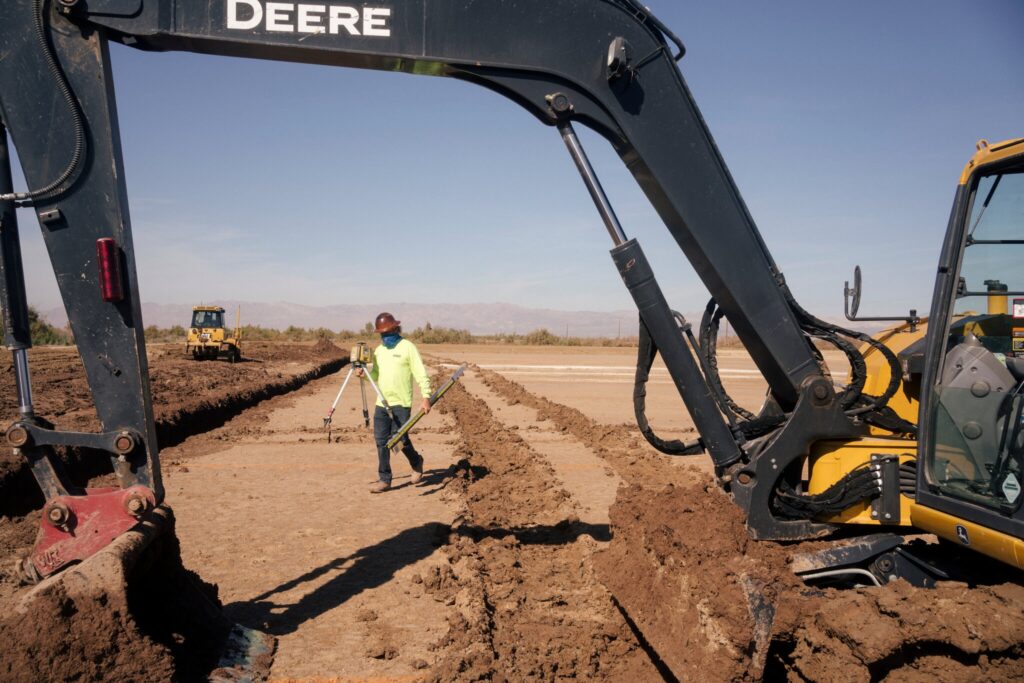
Lithium is used in electric car batteries because it is lightweight, can store lots of energy and can be repeatedly recharged. Nickel is also needed. Other ingredients like cobalt are needed to keep the battery stable.
But production of raw materials like lithium, cobalt and nickel that are essential to these technologies are often ruinous to land, water, wildlife and people, Ivan Penn and Eric Lipton report for The New York Times. Mining is one of the dirtiest businesses out there.
Electric vehicles can’t happen without lithium — and a lot of it. The world will need to mine 42 times as much lithium as was mined in 2020 if we will meet the climate goals set by the Paris Agreement, according to the International Energy Agency. Existing mines and projects under construction will meet only half the demand for lithium in 2030, the agency said.
What’s most interesting about this, though, is that CNN has followed the NYT’s lead. We have been warning for years that so-called “green energy” options are anything but “green.” The materials are rare, their acquisition is massively destructive — far more so than drilling or fracking — and in the cases of cars, leave the question of energy supply completely unanswered.
Batteries can be recycled, but recycling them is not easy due to the sophisticated chemical procedures involved. If not handled properly, the heavy metal contained in the battery can lead to contamination of the soil and water.
Batteries can be recycled through smelting, direct recovery, and other, newer processes. A smelting process is used to recover many minerals (e.g. lithium, cobalt, nickel) contained in the battery. After a battery is smelted, the lithium ends up as a mixed byproduct and extracting it is costly. While the cost of fully recycling a lithium-ion battery is about €1 per kilogram, the value of the raw minerals reclaimed from the process is only about a third of that.Another way to look at the cost of extraction of lithium from old batteries is that it is 5 times more expensive than mined lithium. As a consequence less than five per cent of lithium-ion batteries are currently recycled and the rest can ultimately contaminate soil and water supplies if improperly disposed. For diesel/gas driven cars 99% of the batteries are being recycled.
Read more at: NYT: Will electric cars become an environmental catastrophe? – HotAir ; The electric-vehicle race is creating a gold rush for lithium, raising environmental concerns. – The New York Times (nytimes.com) ; Now it’s CNN: Electric cars could “wipe out this species” – HotAir ; The Afterlife of Electric Vehicles: Battery Recycling and Repurposing – IER (instituteforenergyresearch.org) ; Electric cars have a dirty little recycling problem — batteries | Canada’s National Observer: News & Analysis
